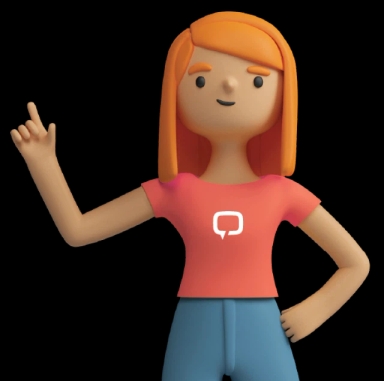Last weekend at the TA Global Gathering, myInterview CMO Eliav Rodman had the pleasure of having a discussion with Clayton Donnelly, a consulting organizational psychologist based in South Africa, on a variety of topics across the industry.Short video here (full video at the bottom of the post):While working as a consultant three years ago, Donnelly was approached by many of his clients about the possible integration of video interviewing into the workspace. Despite the initial buzz, most of the plans to evolve their methodology fell to the wayside.In the last 18 months there has been a sizable uptick in interest for video interviewing technology. Donnelly speaks about how initially, in South Africa specifically, there was pushback for the use of this new technology. “The reality is that companies are skeptical”, he mentions, and continues that issues of the rural/urban dynamic as well as accessibility has led to a slow uptake in adopting these technologies. However, despite this corporate level pushback, the change that Donnelly has observed has mainly come from candidates. This desire from candidates is what is going to push employers to adjust and advance their recruitment practices, along with the push that is the COVID-19 pandemic.“We’re seeing time and time again that candidates want to interact using technology and want their first, or many steps entering an organization through technology” says Donnelly.The conversation then shifted to a recent presentation that Donnelly gave about candidate perceptions of digital hiring. He recently conducted a study in tandem with a client in South Africa to gain data driven insights on multiple facets of video interviewing from the candidates perspective. Donnelly and his team tackled three major questions:
- Is internet accessibility a real challenge that South African candidates face? Will technology be a hindrance for these candidates to complete video interviews?
- Are there significant differences in time to hire when utilizing video interviewing software?
- Video interviewing vs. Psychometrics: Is video interviewing the future of hiring practices? Is there data that proves that one method is stronger than another?








